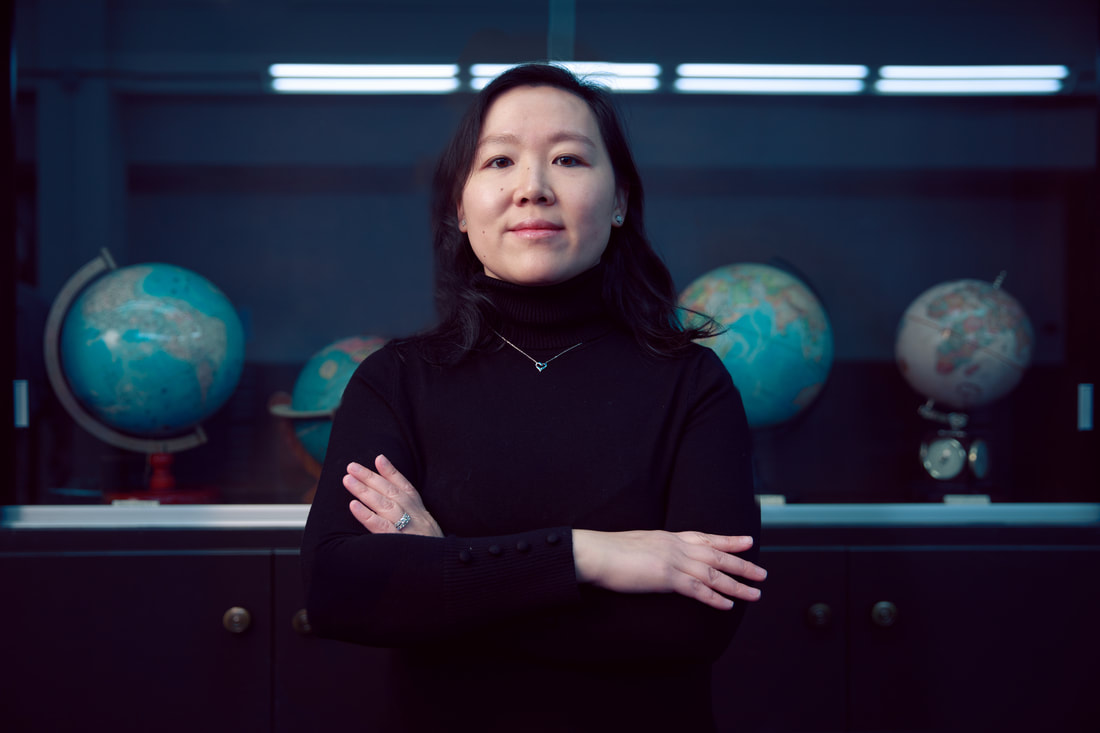|
Before March for Science, there was a debate about whether politicizing science would jeopardize scientists' reputation for being objective in their scientific pursuits. Early evidence suggests that the march did drive liberals and conservatives further apart on their views towards scientists. Whereas, their views toward science (research scientists conduct) have remained immune to change by this kind of publicity.
The concern for politicizing science is not without legitimate reasons. The scale of issues like climate change transcends personal experience with the immediate environment. Public understanding of this kind of issues thus hings upon multiple information sources. Unfortunately, scientists' peer-review articles are quite elusive for laymen to digest and they often stay behind pay walls. The media and others try to bridge the scientific community and the public, with journalists and others taking on the responsibility of translating scientific findings for the mass. With the third party being involved, things can get even more complicated. For instance, one principle called "balance" commonly adopted in journalism is intended to project a "fair" and "objective" image (Boykoff and Boykoff 2004). Guided by this principle, journalists in practice would interview one scientist whose view represents the majority's and one scientist whose view reflects the minority's. By doing so, both are given equal time on the air or space on the paper. Through this process, any scientific consensus would be perceived as "unsettled" by the receiving end. Scientists are human beings and can make mistakes. The public trust in scientists is indeed found to be a powerful factor of converting knowledge about global warming into risk perceptions of this issue (Malka et al. 2009). My research demonstrates that people who believe that scientists make positive contribution to the well-being society are more likely to accept anthropogenic global warming (Shao et al. 2016). Scientists are also perceived to have their own political ideologies whether or not this is the case for each individual. One of the implications of accepting human-caused climate change is governmental intervention, which is more in line with liberal worldview. It is therefore not surprising to see some critics perceive that climate change is "exaggerated (at best) or manufactured (at worst) by liberal scientists to force environmental action on the American political system" (Shao et al. 2016, 8). We actually found that "individuals who perceive that scientists are liberal are less likely to perceive that global warming is generated by human activity. This is in keeping with the perception held by some individuals that scientists are an ideological liberal group and that their findings are tainted by ideological bias" (Shao et al. 2016, 15). Scientists really need to walk the fine line between pursuing scientific knowledge and helping the public understand scientific issues more accurately. If not done delicately enough, the public will dismiss scientists' work as "alternative facts." Reference Boykoff, M. T., and J. M. Boykoff. 2004. “Balance as Bias: Global Warming and the U.S. Prestige Press.” Global Environmental Change—Human and Policy Dimensions 14:125–36. Malka, A., J. A. Krosnick, and G. Langer. 2009. “The Association of Knowledge with Concern About Global Warming: Trusted Information Sources Shape Public Thinking.” Risk Analysis 29:633–47. Shao, W., Garand, J.C., Keim, B.D., Hamilton, L.C. 2016. "Science, scientists, and local weather: understanding mass perceptions of global warming." Social Science Quarterly. doi:10.1111/ssqu.12317
0 Comments
Leave a Reply. |
|


 RSS Feed
RSS Feed